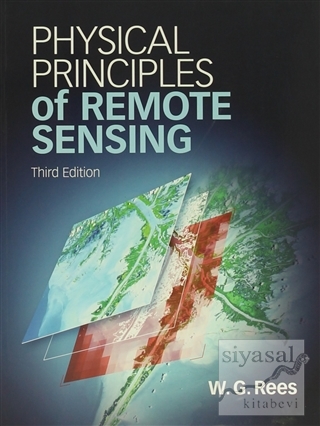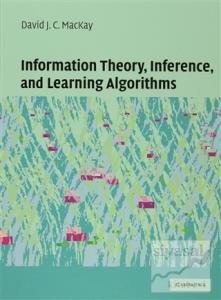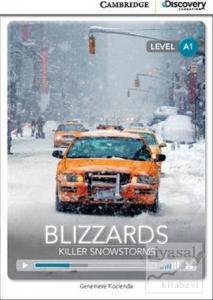
"This is a wolcome new edition of a populer text, with wonderful color illustrations, The author helps students digest the principles by adding useful summaries and review questions. A practical improvement is the addition of the rich suite of online resources, which greatly add to the book's appeal.
- Dr. Farouk El-Baz, Director, Center for Remote Sensing, Boston University
"Rees' new edition is written in an easy-to-follow style, but doesn't neglect the mathematical underpinnings. It covers principles related to all the key wavelength regions, and such diverse topics as photogrammetry, atmosphric sounding and multispectral imaging. An excellent resource for students and practitioners alike."
- Professor Martin Wooster, Environmental Monitoring and Modelling Reseach Group, Kings College London.
"The third edition fo this well known, highly respecter and authoritative textbook contains a wealth of new material that captures advances in optical and microwave sensor systems and applications. Every student of remote sensing, Whatever their level, and every library should have a copy of this excellent book."
- Professor Daniel Donoghue, Department of Geography, Durham University
Full apdated and with singnificant new treatments of this popular textbook covers a broad range of remote sensing applications and techniques across the earth, environmental and planetary sciences. It focusses on physical and mathematical principles, giving students a deeper understanding of remote sensing systems and their possibilities, while remaining accessible to those with less mathematical training by providing less technical summaries of quantitative topics.
Key Features
- Boxed examples and additional photos engage students and show them how the theory relates to real-world applications
- Numerous colour images bring the subject to life
- Section summaries, review questions and additional problems allow students to check their understanding of key concepts and practise handling real data for themselves
- Review questions link out to supplementary online material, which includes freely available software, practical exercises and animations
"This is a wolcome new edition of a populer text, with wonderful color illustrations, The author helps students digest the principles by adding useful summaries and review questions. A practical improvement is the addition of the rich suite of online resources, which greatly add to the book's appeal.
- Dr. Farouk El-Baz, Director, Center for Remote Sensing, Boston University
"Rees' new edition is written in an easy-to-follow style, but doesn't neglect the mathematical underpinnings. It covers principles related to all the key wavelength regions, and such diverse topics as photogrammetry, atmosphric sounding and multispectral imaging. An excellent resource for students and practitioners alike."
- Professor Martin Wooster, Environmental Monitoring and Modelling Reseach Group, Kings College London.
"The third edition fo this well known, highly respecter and authoritative textbook contains a wealth of new material that captures advances in optical and microwave sensor systems and applications. Every student of remote sensing, Whatever their level, and every library should have a copy of this excellent book."
- Professor Daniel Donoghue, Department of Geography, Durham University
Full apdated and with singnificant new treatments of this popular textbook covers a broad range of remote sensing applications and techniques across the earth, environmental and planetary sciences. It focusses on physical and mathematical principles, giving students a deeper understanding of remote sensing systems and their possibilities, while remaining accessible to those with less mathematical training by providing less technical summaries of quantitative topics.
Key Features
- Boxed examples and additional photos engage students and show them how the theory relates to real-world applications
- Numerous colour images bring the subject to life
- Section summaries, review questions and additional problems allow students to check their understanding of key concepts and practise handling real data for themselves
- Review questions link out to supplementary online material, which includes freely available software, practical exercises and animations




















